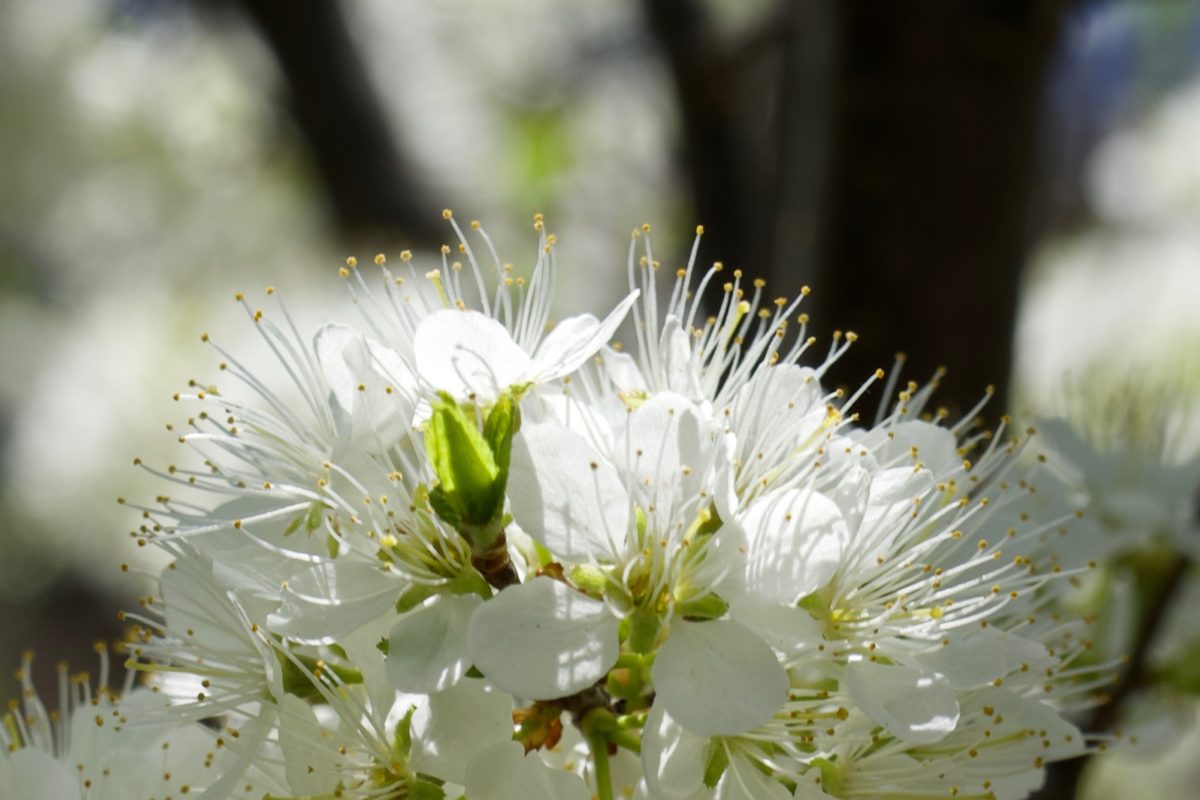Thrive
or your people.
They thrive when they have to
do the work
on their own.

Don't over-love your plants
or your people.
They thrive when they have to
do the work
on their own.
Reaching deep
for nutrients
grows roots, muscles for strength,
resilience.
Transferring inwards and upwards
compelled
to blossom.
– – – – –
Planning my garden and planting seeds this week, I told a friend that in the past I’ve often killed my plants by over-loving them. Too much attention that resulted in overwatering, their roots rotting from lack of oxygen and space to grow.
I’ve done this with people, too. Over-loving by smothering with attention, answers, advice, time, meals, gifts… anything that I thought would be helpful. And often in my experience with addicts and narcissists, doing whatever they demanded, expected, or even hinted at because there were real and sometimes dangerous consequences of not performing for them. I was raised to serve, to be selfless, to give more than I got. I had insecurity that if I didn’t do enough, perfectly enough, the person would not love me, that they would hurt me, or leave me.
Yet this behavior served no one in an emotionally healthy way. It fed fears and monsters.
It drained me to be a people pleaser. And it did not give room for the other person to grow, to be responsible for their choices, actions, and decisions. Like plants, we all need to have space and motivation to build deep roots to reach the nutrients we need.
This is the lesson of growth.
Of life.
Of balance.
Of love.
Over the last year, I’ve stopped overwatering my plants and am seeing them grow and bloom and thrive! Most of them are absolutely gorgeous. I still struggle with succulents and orchids, but try mightily to find balance. Just last week, a once decimated jade plant sprouted a fresh new bloom. I love it from afar.
And I am learning how to give the people I love (including myself) the
space to figure out their own growth, too. Letting go of transactional relationships was a first step. From “What have you done for me lately? Look at all I do for you!” tactical and emotional scorekeeping, to engage in collaborative relationships with the ability to give and receive without control from either party, is a breakthrough, heart-healing experience. Giving generously and within healthy boundaries is another step. This, along with receiving gratefully, is a life changing, positive experience, even on the worst days. They are all actions of constant learning through trial and error, with a big dose of forgiveness for foibles along the way.
One of my failures:
Showing up a few times a week to make dinner for a boyfriend. He complained about how hard it was for him to figure out meals or even remember to eat during a time in which he was struggling with work and his health. It was a boundary crashing mistake on my part. Yes, he complained a lot about his problems, but did not actually ask me to make dinners. It drained my time and resources. I neglected my exercise routine. He resented not having freedom because I was always around. I felt unappreciated. It robbed him and his children of time together to come up with a solution themselves.
We justify this behavior by telling ourselves that we are being kind and helpful. Yet my actions impeded this man and our relationship by not giving him a chance to solve his own problem. Ironically, in the end, he pointedly told me he saw a huge disparity in all he’d done for me versus how I mishandled things and didn’t help him through this tough time in his life. There are no winners in a transactional relationship.
Here’s a way to approach a collaborative relationship with a healthy boundary dynamic.I have apologized for overstepping and spoken to friends about times they have overstepped. We have all given unsolicited opinions or answers and sometimes even taken an action that was not requested, needed, or helpful.
We practice relationship boundaries in conversations. An example is saying, “I’d like to tell you something that I’m struggling with, but I’m not asking you to solve this, just to listen.” Or if I do want help, I will say, “I’m struggling with something and would like your advice or possibly some other kind of help, if that is something you would like to do. I will be OK with whatever your answer is.”
Well, that was my long-winded way of sharing how I am working on cultivating healthy plants and people! Here’s to loving without over-loving, to supporting growth of strong roots, and finding the nutrients we all need to bloom brightly.
